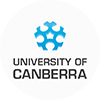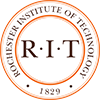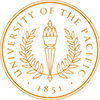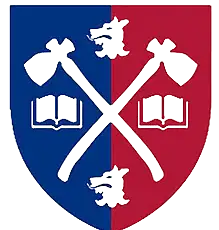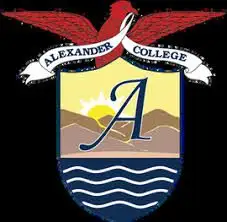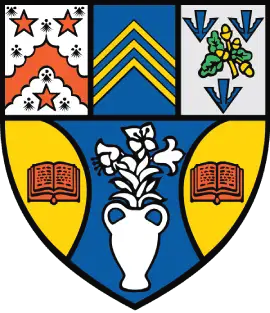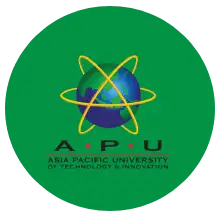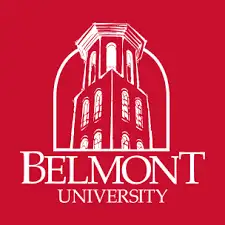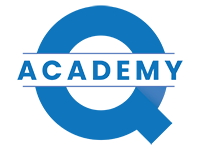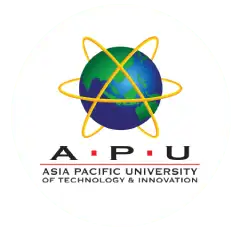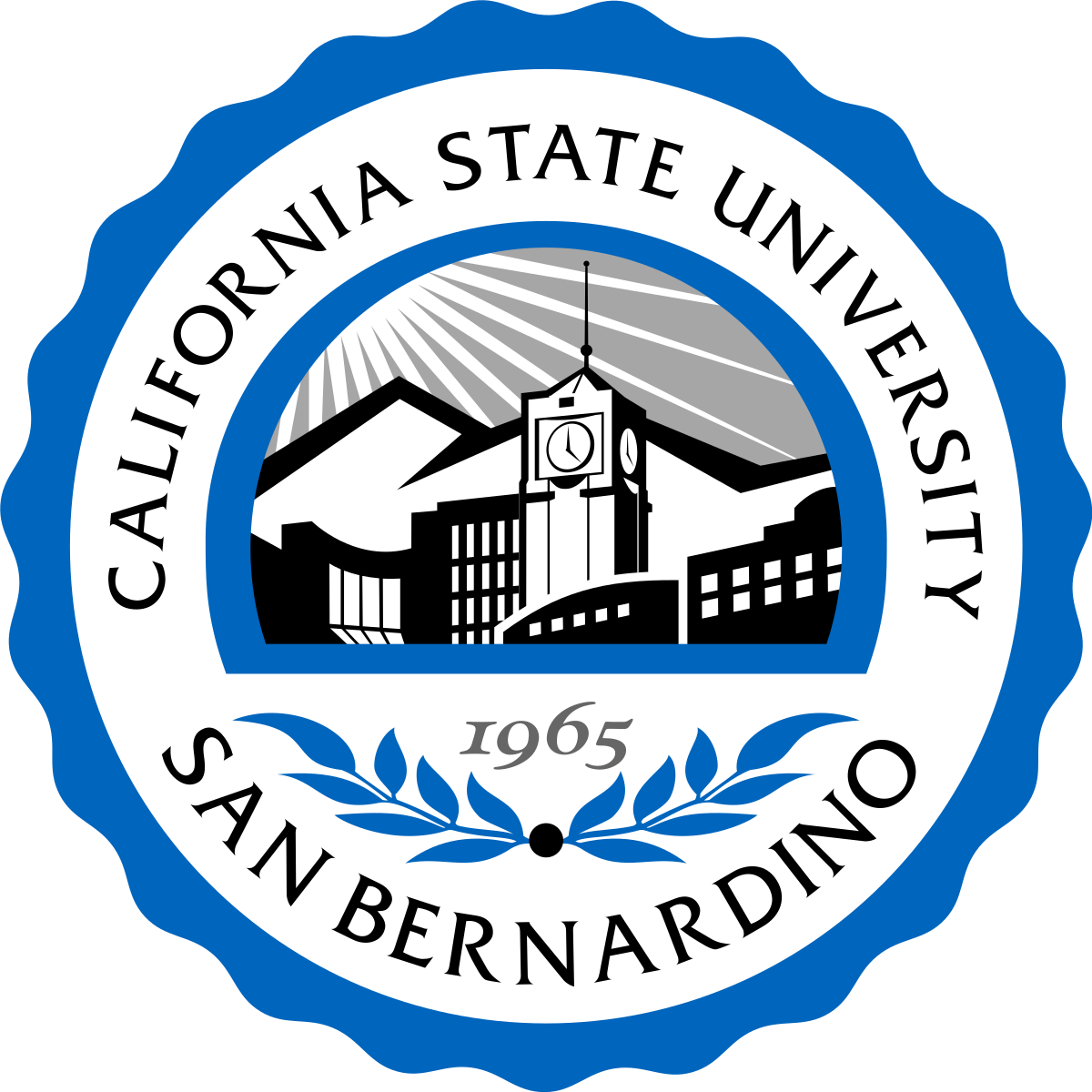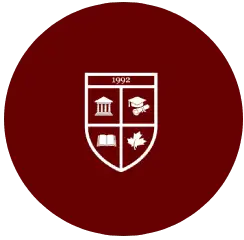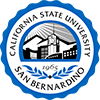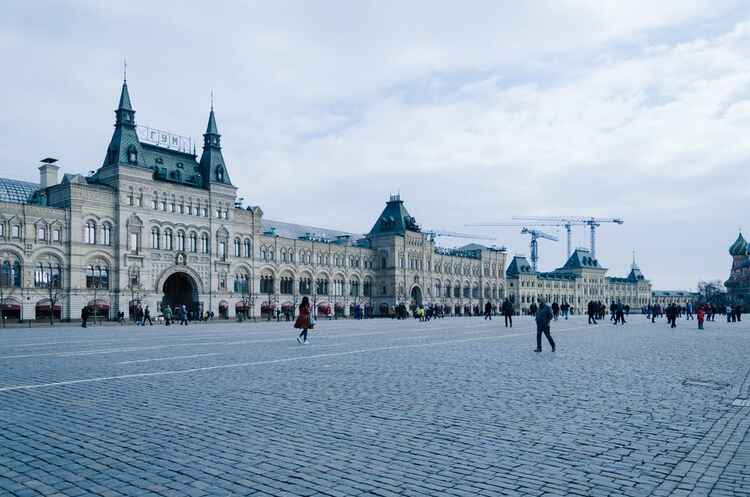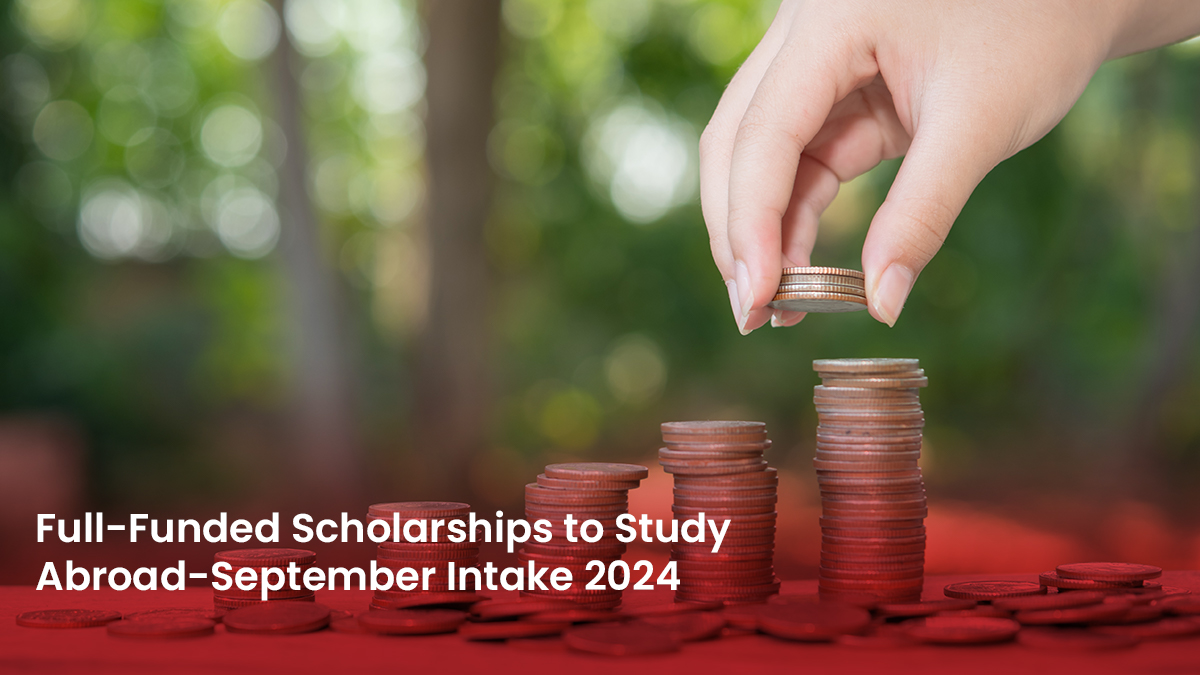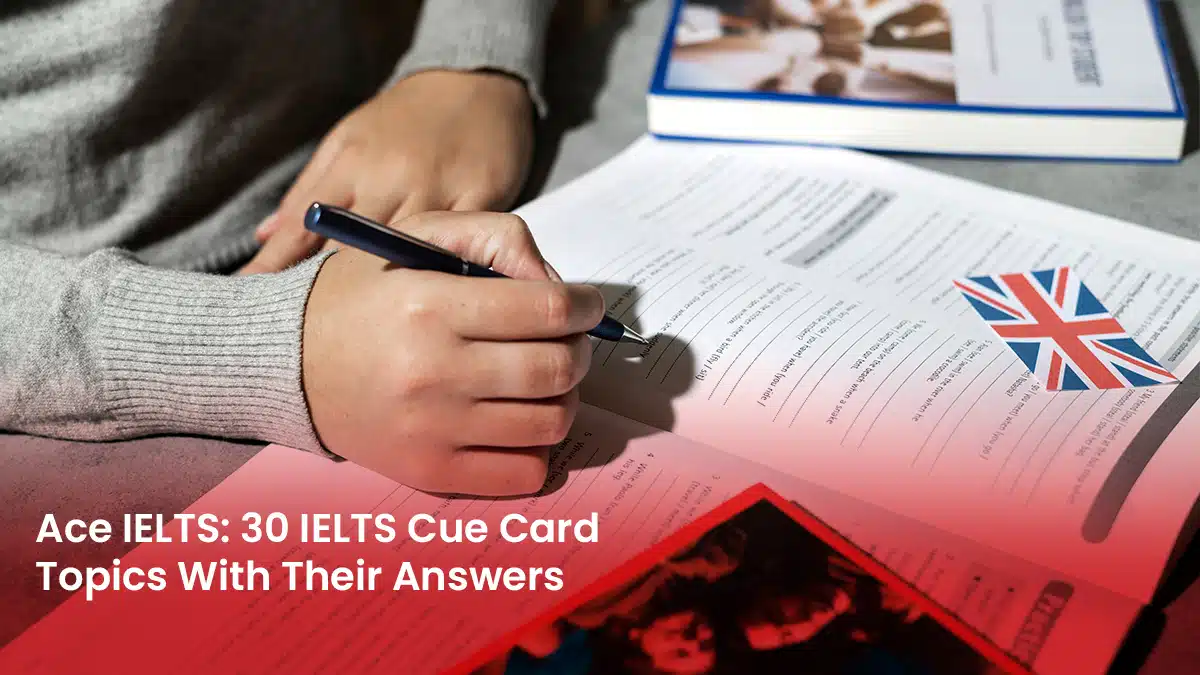If you are planning to study in Russia for higher education, it is a must that you know what its higher education system looks like.
A Brief History of Russia’s Higher Education System
Russia’s higher education system started with the founding of its universities in Moscow and St. Petersburg around the 18th century. Originally, the system was copied from Germany’s system.
During the Soviet era, although all citizens were mandated to pursue secondary education, higher education was seen as more of a prestigious honor. Thus, only a few Russians held a degree then.
After the fall of the Soviet Union, and as Russia began integrating again into the greater international scene, the demand to make its education system more similar to most western countries. In fact, in 1999, along with other European countries, Russia adopted the Bologna Process, making higher education in various parts of Europe comparable in terms of standards, quality, and qualifications.
Types of Higher Educational Institutions (HEIs)
Russia’s HEIs are known for their strong emphasis on science and technology, thus expect to see a lot of state-funded HEIs offering many programs in those fields, along with humanities and social science courses.
However, in recent years, the increase of private HEIs has complemented and balanced the types of programs offered in the country, bringing emphasis to other fields. Such as business, economics, and so on.
There are mainly three types of HEIs in Russia, Universities, Academies, and Institutes.
Universities – offer the broadest range of programs in Russia on all degree levels.
Academies – focus on preparing specialists by putting a strong emphasis on research and practical skills in various areas such as agriculture, economics, medicine, and so on.
Institutes – are basic HEIs, or are independent branches of academies or universities. They offer professional educational courses.
Russian Qualifications
After the Russian Federation has implemented the Bologna Process in its education system, it has also instituted bachelor’s and master’s degrees in its higher education.
A bachelor’s degree usually involves four years of full-time study, while a master’s degree requires students to study full time, for at least two years.
It also has a Doctor of Sciences qualification which is the highest academic qualification awarded in the country. Finishing a doctorate does not have a fixed duration. Some finish it in five years, while others finish it up to 15 years.
There are other qualifications in Russia that students can take aside from the bachelor and postgraduate degrees.
For example, the Diploma of Specialist is a degree being offered in the country before the Bologna process (during the Soviet era). Up to now, Russia still offers this, paralleling bachelor’s degrees.
When it comes to technical education, Russia offers a Diploma for Lower Vocational Education, which usually takes one to four years. Also, there’s a Diploma of Higher Vocational Education, given to students who have finished two or five years of studies, and have passed the state final examinations.
Overall, Russia’s higher education system has so many similarities with western education, especially when it comes to standards and quality, but also has uniqueness on its own.
If you want to learn more about Russia as a study destination check out MSM Unify’s article on topics about it, including tips about living in Russia. For example, if you want to learn more about Russian Culture and Customs, check our article on Russian Culture and Customs: Guide for International Students.

